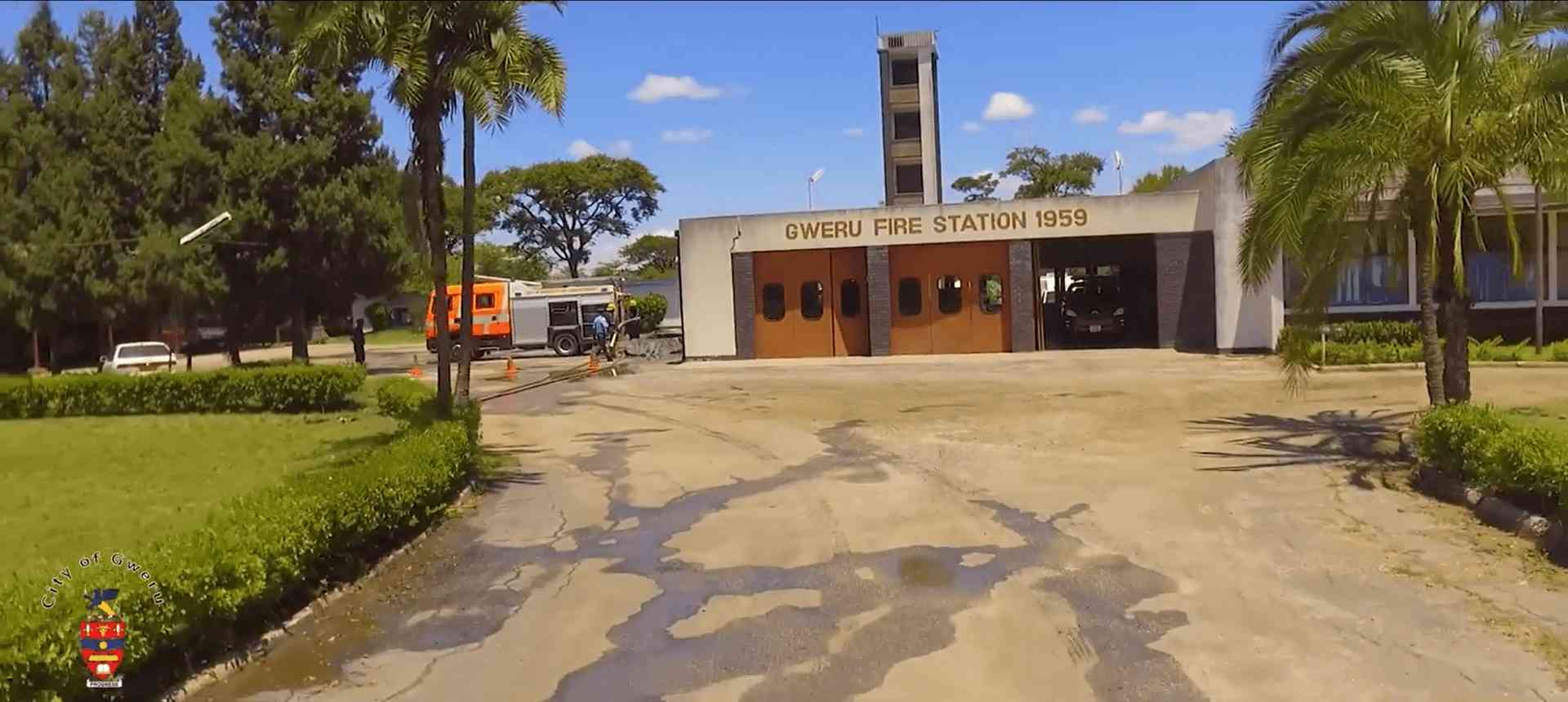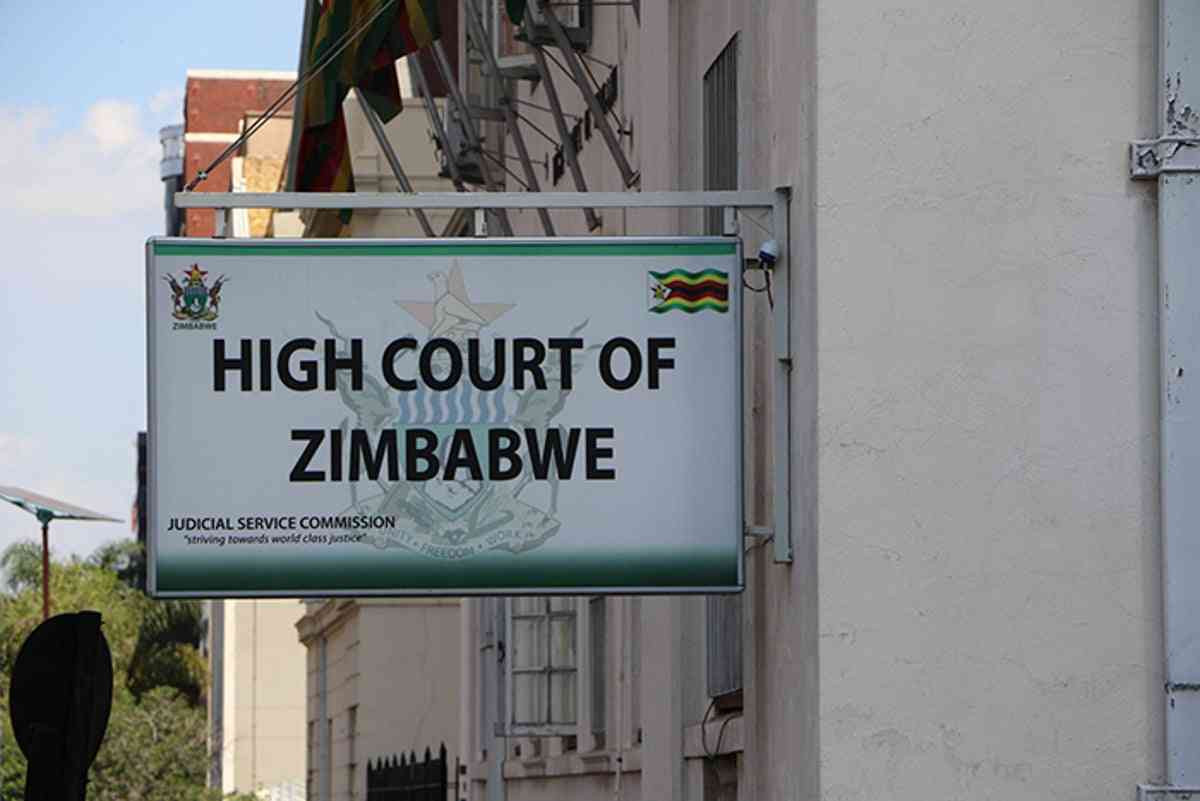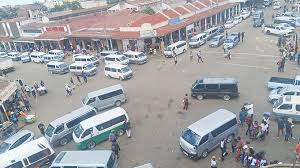
Gweru city’s ageing infrastructure coupled with rapid expansion has significantly affected service delivery due to financial constraints and poor revenue collection among other factors, a senior council official has said.
Assistant finance director, Owen Masimba, said this has led to critical service failures like water shortages, poor public lighting as well as posing risks to residents' health and investment attraction.
“Current infrastructure dating to the 1950s and 1980s is overstretched,” Masimba said at a 2026 budget consultation meeting.
“Water rationing, sewer bursts, unlit streets and road deterioration poses risk to health, safety and investment attraction.
“Gweru’s population, which is approximately 300 000 continues to expand, demanding upgraded water and sewer systems, modern roads, adequate housing and vibrant social amenities.”
Masimba said the macroeconomic environment remained volatile with high inflation, currency exchange rate instability and reduced disposable income for residents affecting council's revenue.
“These conditions have depressed municipal revenue collections with compliance levels averaging 40 to 50%,” he said.
“Despite these challenges, demand for water, waste management, housing and roads remains high.
- Vungu RDC, River Valley property partner on road and drainage system
- Gweru businesswoman scoops top award
- Vungu RDC, River Valley property partner on road and drainage system
- Gweru businesswoman scoops top award
Keep Reading
“The rationale for the 2026 budget is, therefore, to rebuild trust with stakeholders through transparent, realistic and sustainable financial strategies.”
Council unveiled a ZiG2,13 billion budget for the 2026 financial year, which it said would be financed through projected own revenue of ZiG1,62 billion, government grants of ZiG92,8 million and proceeds from land sales amounting to ZiG420,5 million.
The local authority said it revised the 2026 business plan to incorporate the Local Government ministry's directive on Local Economic Development (LED) ensuring that 10% of the annual budget is allocated to LED initiatives.
“In line with the Ministry of Local Government's directive, the city of Gweru has set aside 10% of its total budget towards local economic development amounting to Zig213 million,” he said.
“LED programmes will prioritise youth, women and people with disabilities with at least 50% support targeted at women-led enterprises, 10% reserved for youth initiatives and another 10% directed to programmes for persons with disabilities.
“This ensures inclusivity and aligns with national empowerment frameworks."
Gweru Progressive Residents and Ratepayers Development Association Trust executive director, David Chikore, however said although tariffs for next year remained static, council needed to speed up addressing key priority areas.
“We still have obsolete infrastructure, some as old as 75 years and this honestly needs complete overhaul,” he said.
During the budget meeting, the council committed to enhance revenue strategies through aggressive debtors' recovery, efficient savings and governance reforms as well as citizen engagement to rebuild trust and compliance.









